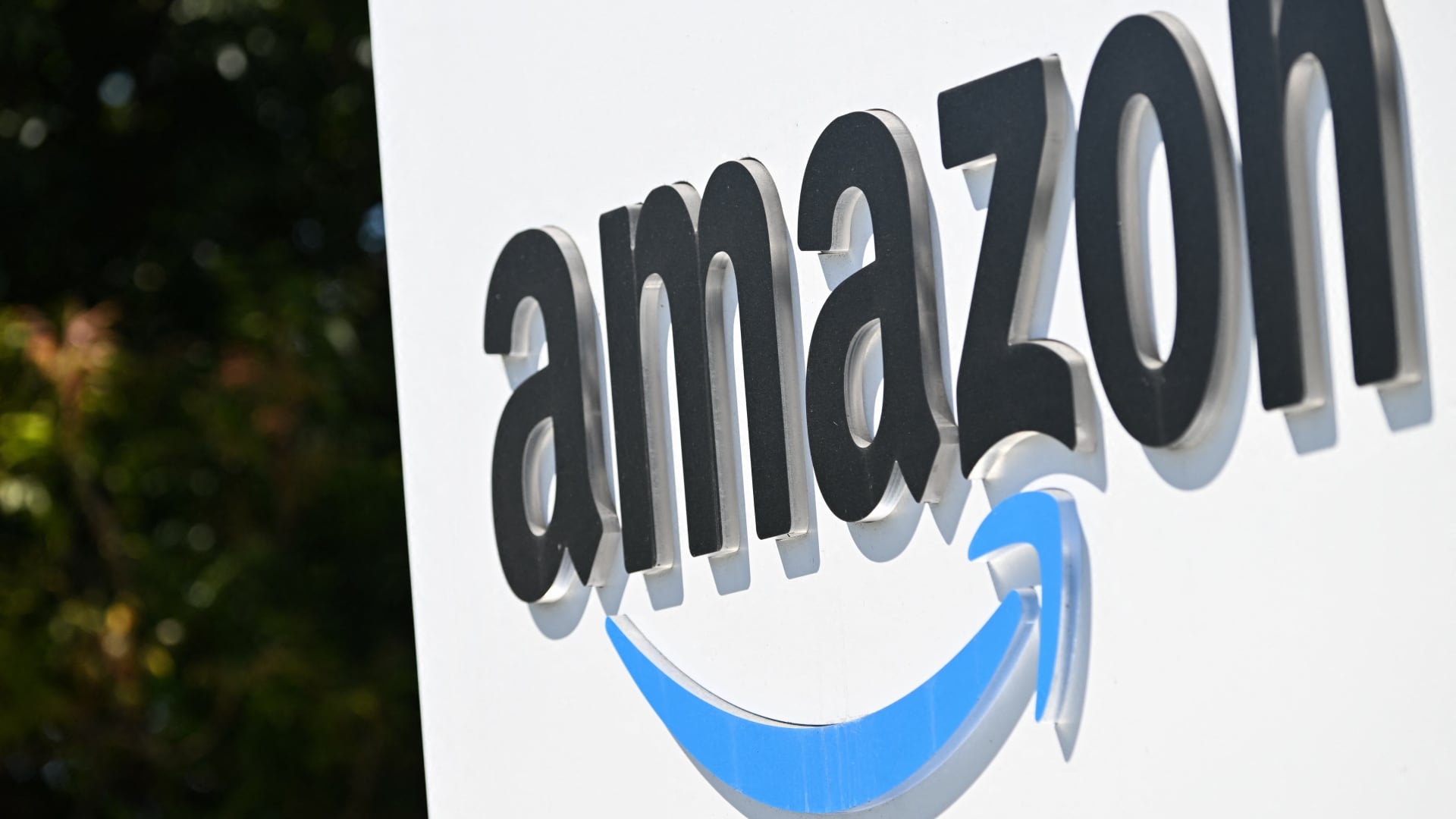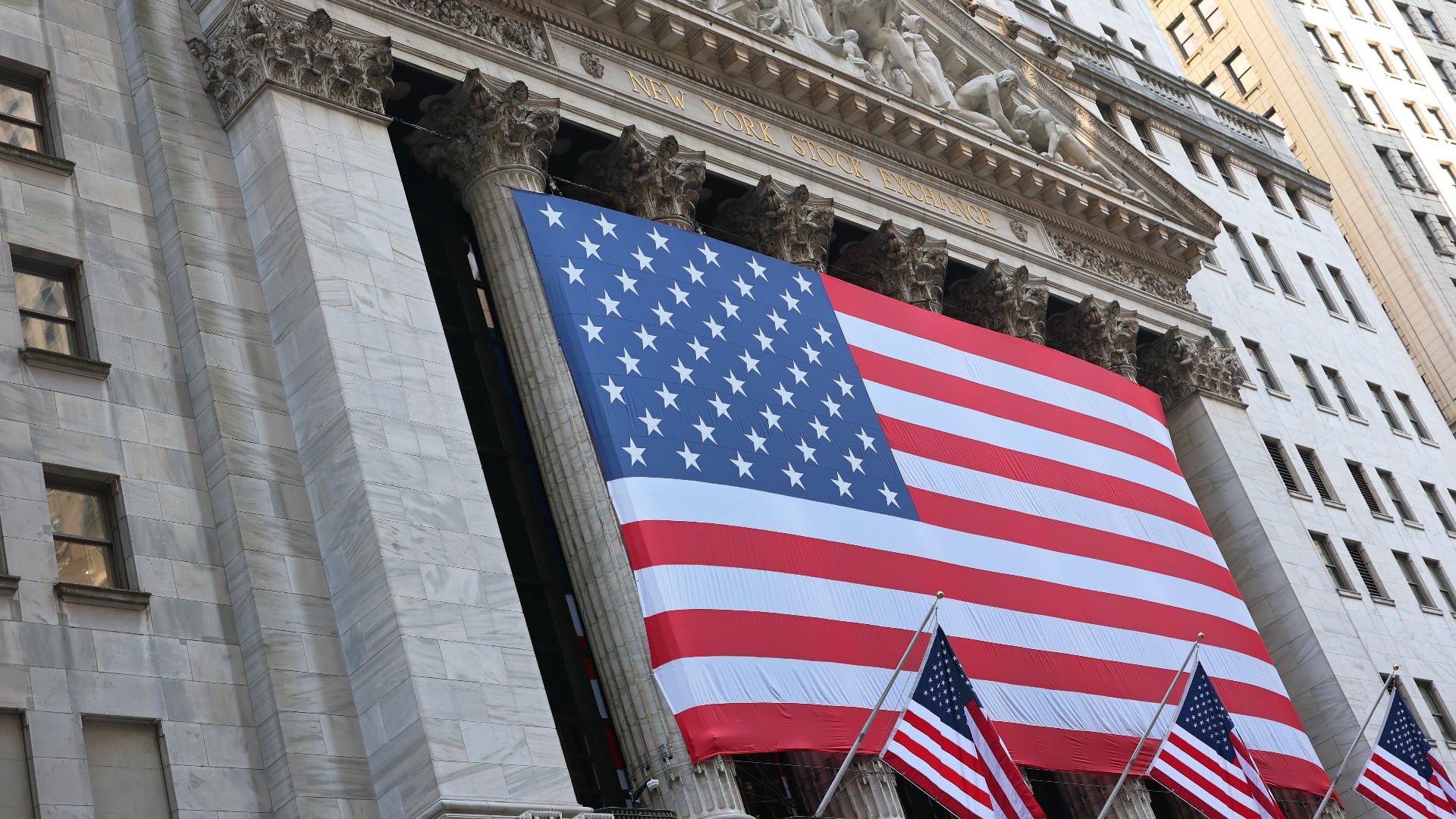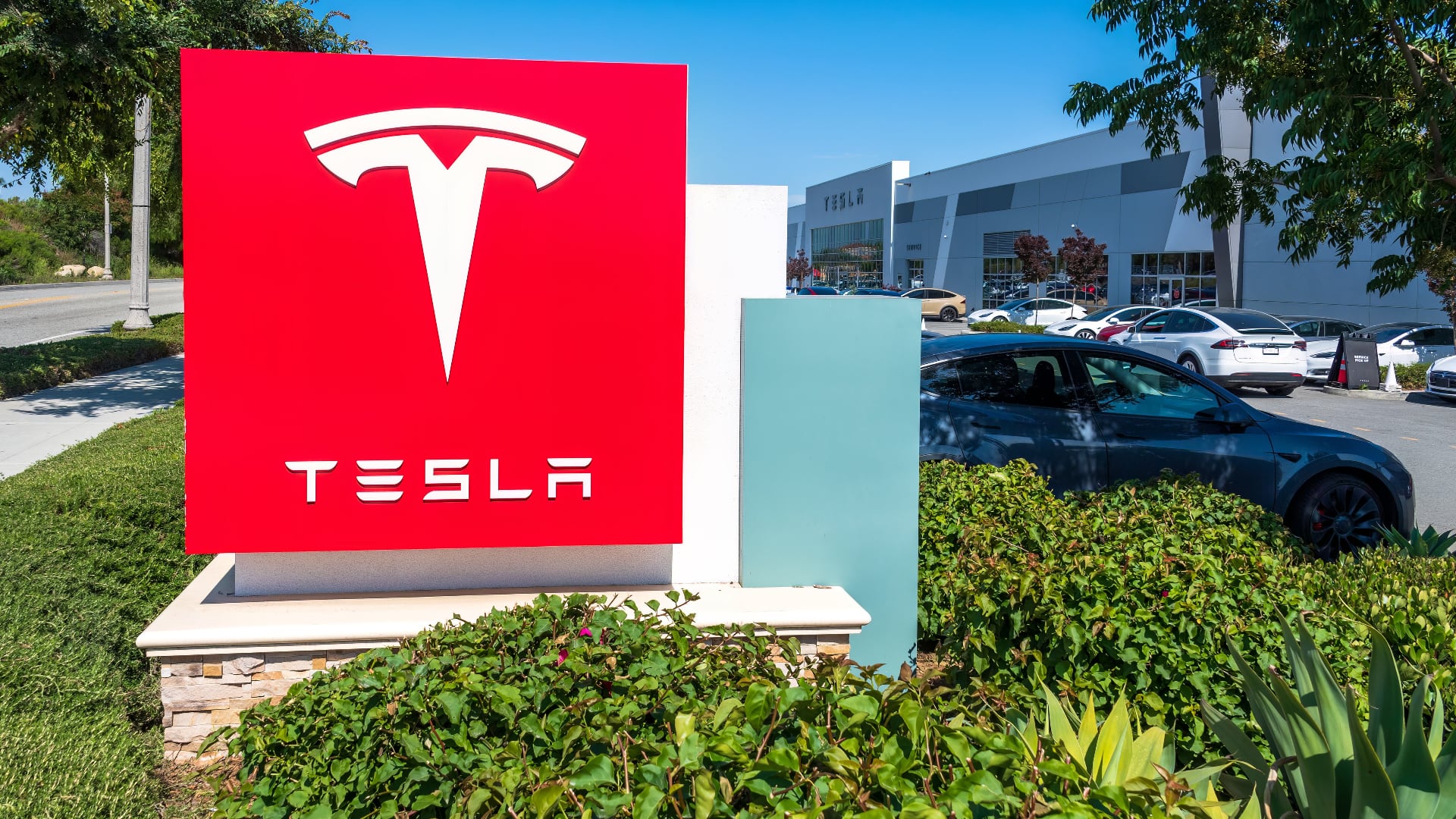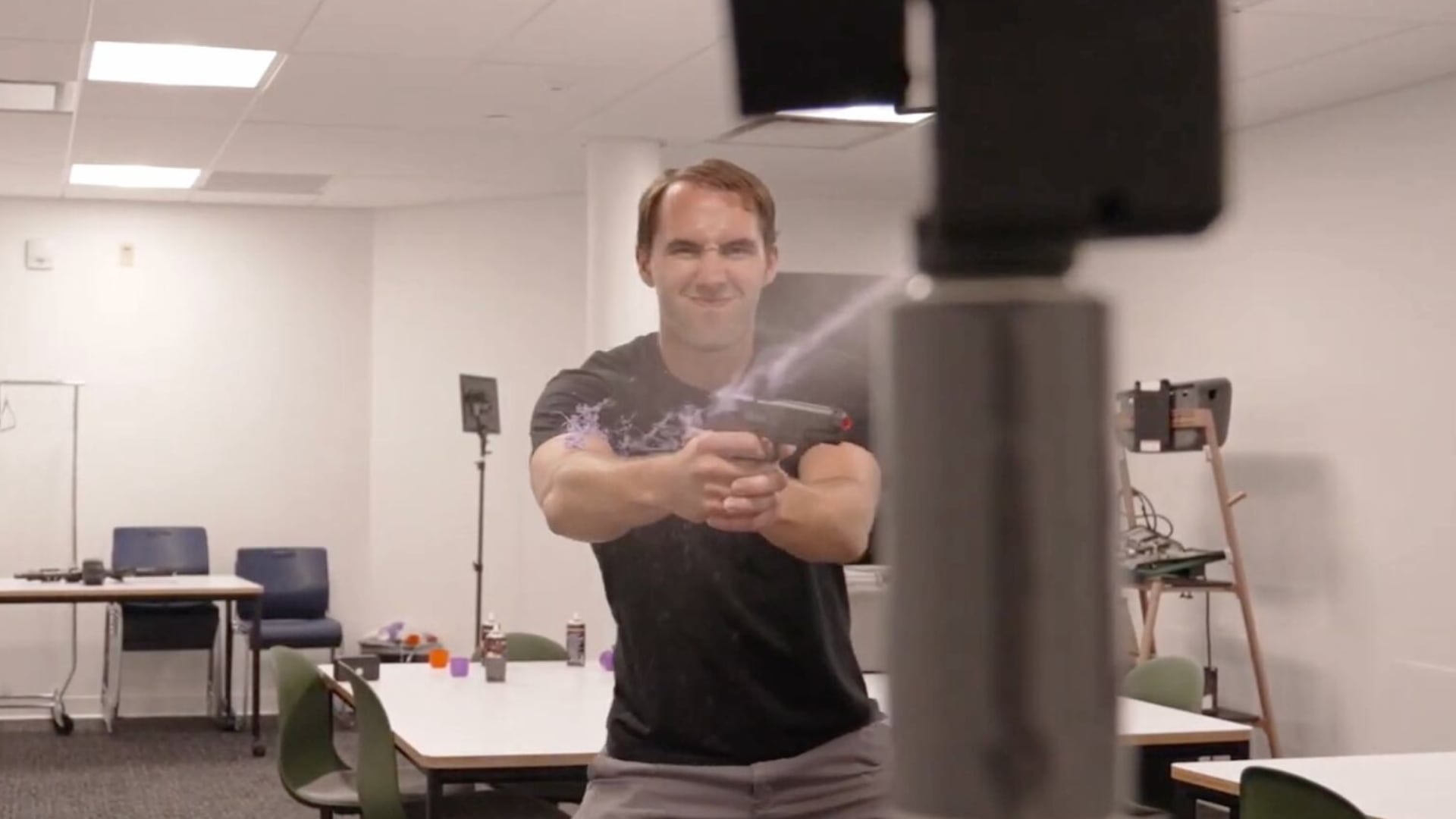For years, as the price of bitcoin rose, and rose, and then plummeted, and then rose again, one question has swirled along with it: could the cryptocurrency one day become a true "flight-to-safety" asset in a volatile stock market, akin to Treasury bonds or gold?
One of the biggest asset managers of digital currencies says that day is now here. Michael Sonnenshein, managing director of Grayscale, told Cheddar in an interview Monday that recent developments in the U.S.-China trade war are proving to be evidence that Bitcoin has emerged as a safe-haven asset.
"For the first time in quite a few years, we're seeing bitcoin is just as much part of the conversation as gold is," Sonnenshein said.
The price of bitcoin, now hovering around $11,400 has spent the summer trading in a (relatively) tight range, at least for an asset known for its stomach-churning ups and downs. As global crises escalate ー whether it's currency manipulation by China, protests in Hong Kong, or tensions with Iran ー the price of bitcoin has responded by edging higher. The charts indicate that bitcoin is being increasing favored by investors looking for a hedge against volatile global markets, according to Sonnenshein.
"In all these instances, we're seeing bitcoin really start to outperform as the market started to digest these shocks to the system," he said.
Gold has long been the flight-to-safety standard, but as the world becomes more digital, it would follow that "digital gold," as some investors call bitcoin, becomes more enticing. Like gold, it is "verifiably scarce," said Sonnenshein. Unlike gold, it is easily portable and divisible.
"There is a rotation out of gold and into assets like bitcoin," Sonnenshein said. "There's no question about that."
The investors Sonnenshein speaks to say they are happy with global regulators increasing oversight of the crypto markets now that Facebook is dipping its toes into the water. For years, crypto was seen as the wild west ー and the sudden fluctuations in the price of bitcoin reflected that. But as regulation increases, along with increasing geopolitical turmoil that seems likely to continue to rattle markets, bitcoin could soon prove itself to be the safe-haven investment its backers have long predicted, and its critics have long brushed off.
"That narrative is starting to change," Sonnenshein said.












